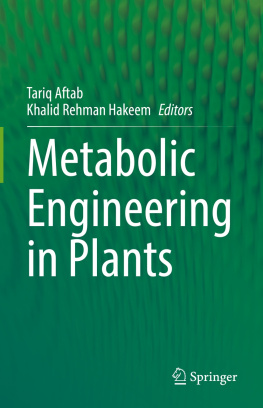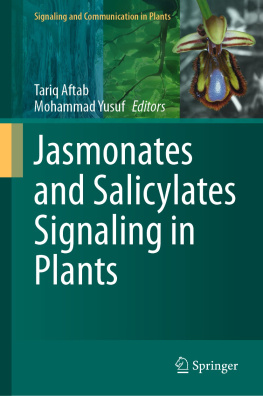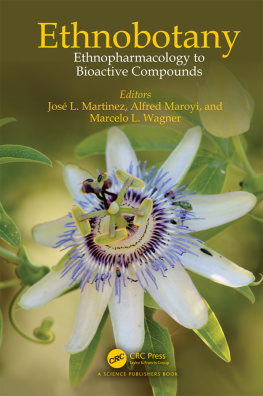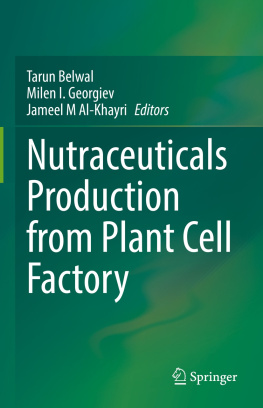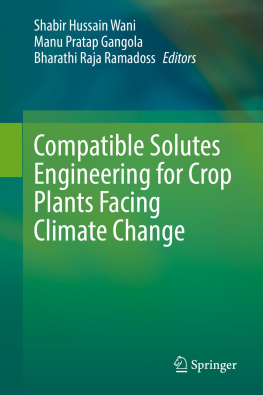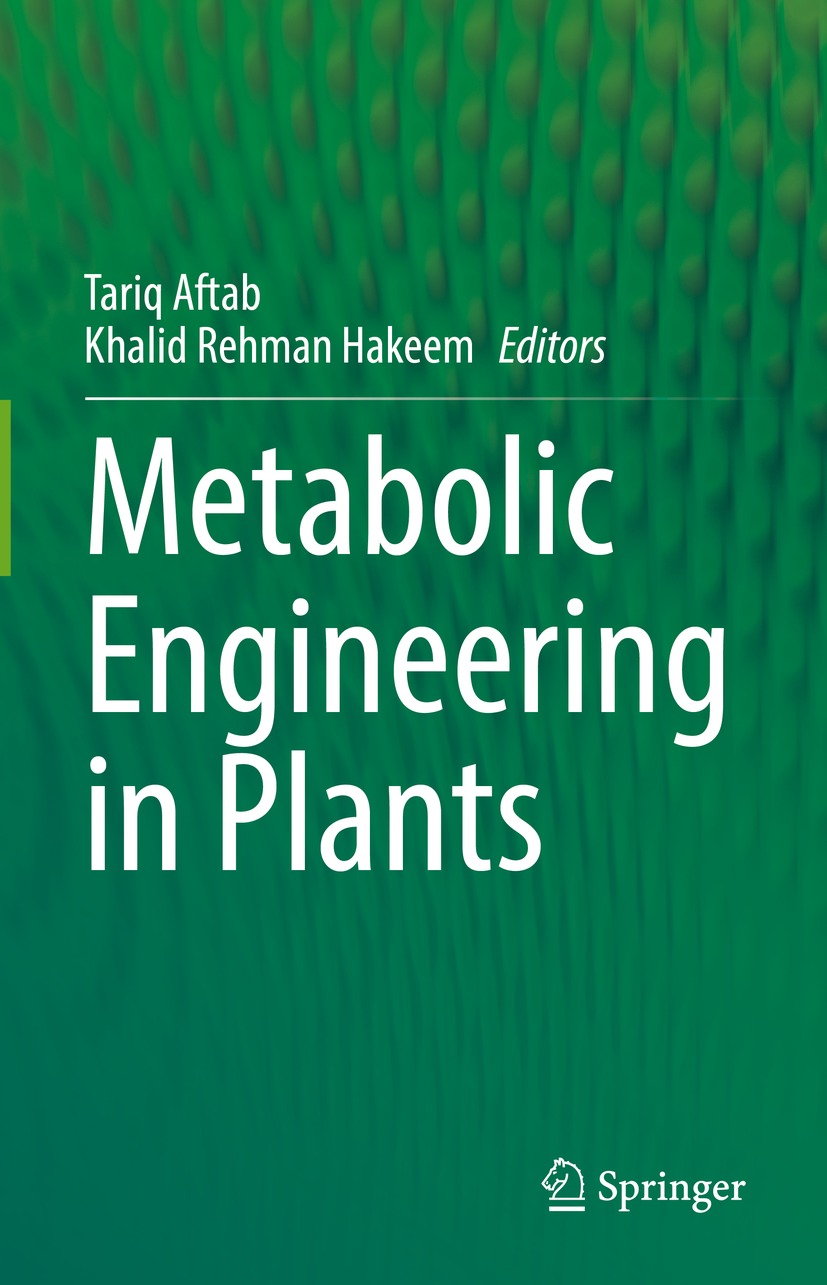Tariq Aftab - Metabolic Engineering in Plants: Fundamentals and Applications
Here you can read online Tariq Aftab - Metabolic Engineering in Plants: Fundamentals and Applications full text of the book (entire story) in english for free. Download pdf and epub, get meaning, cover and reviews about this ebook. City: Singapore, year: 2022, publisher: Springer, genre: Science. Description of the work, (preface) as well as reviews are available. Best literature library LitArk.com created for fans of good reading and offers a wide selection of genres:
Romance novel
Science fiction
Adventure
Detective
Science
History
Home and family
Prose
Art
Politics
Computer
Non-fiction
Religion
Business
Children
Humor
Choose a favorite category and find really read worthwhile books. Enjoy immersion in the world of imagination, feel the emotions of the characters or learn something new for yourself, make an fascinating discovery.
- Book:Metabolic Engineering in Plants: Fundamentals and Applications
- Author:
- Publisher:Springer
- Genre:
- Year:2022
- City:Singapore
- Rating:3 / 5
- Favourites:Add to favourites
- Your mark:
Metabolic Engineering in Plants: Fundamentals and Applications: summary, description and annotation
We offer to read an annotation, description, summary or preface (depends on what the author of the book "Metabolic Engineering in Plants: Fundamentals and Applications" wrote himself). If you haven't found the necessary information about the book — write in the comments, we will try to find it.
Tariq Aftab: author's other books
Who wrote Metabolic Engineering in Plants: Fundamentals and Applications? Find out the surname, the name of the author of the book and a list of all author's works by series.

